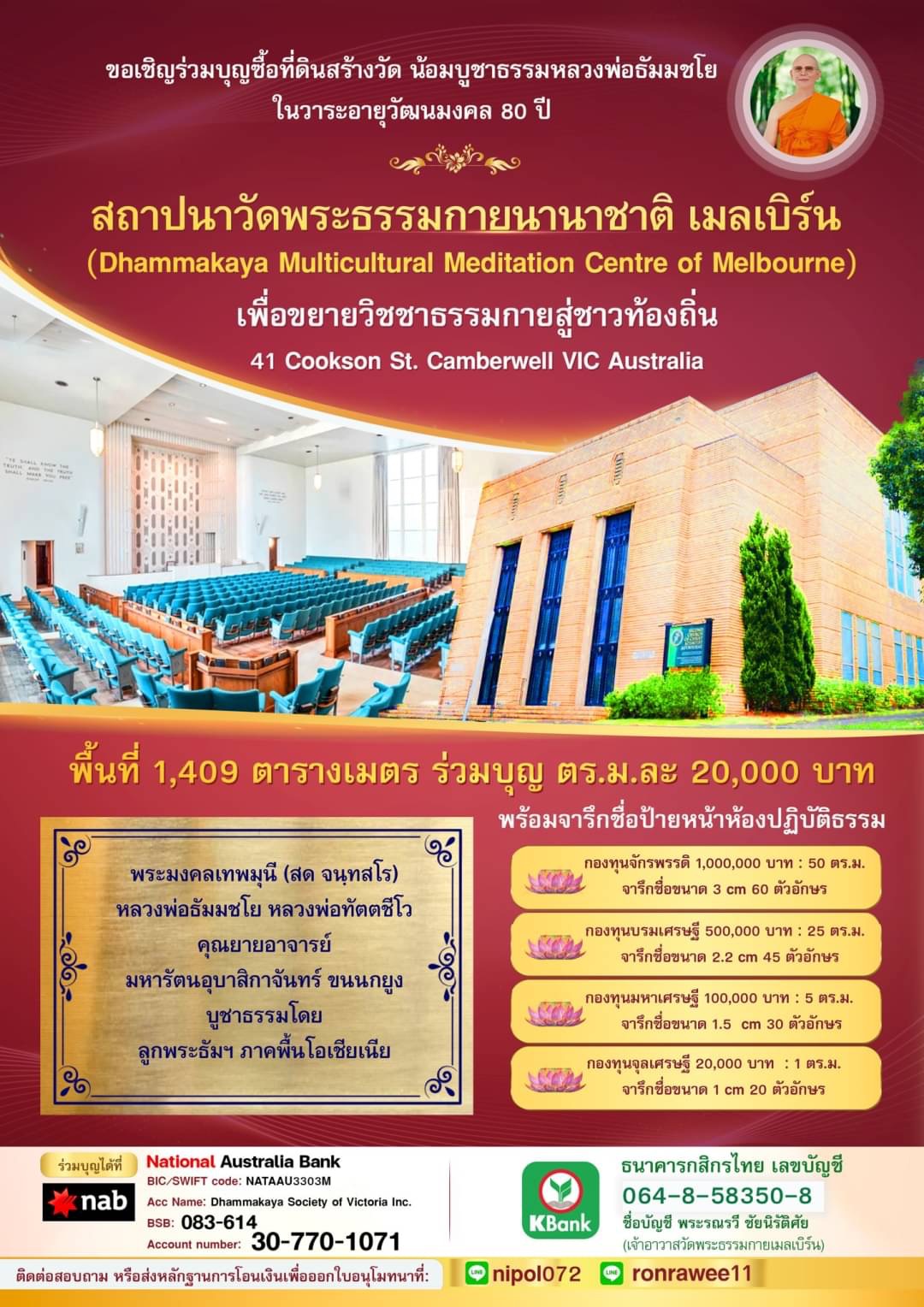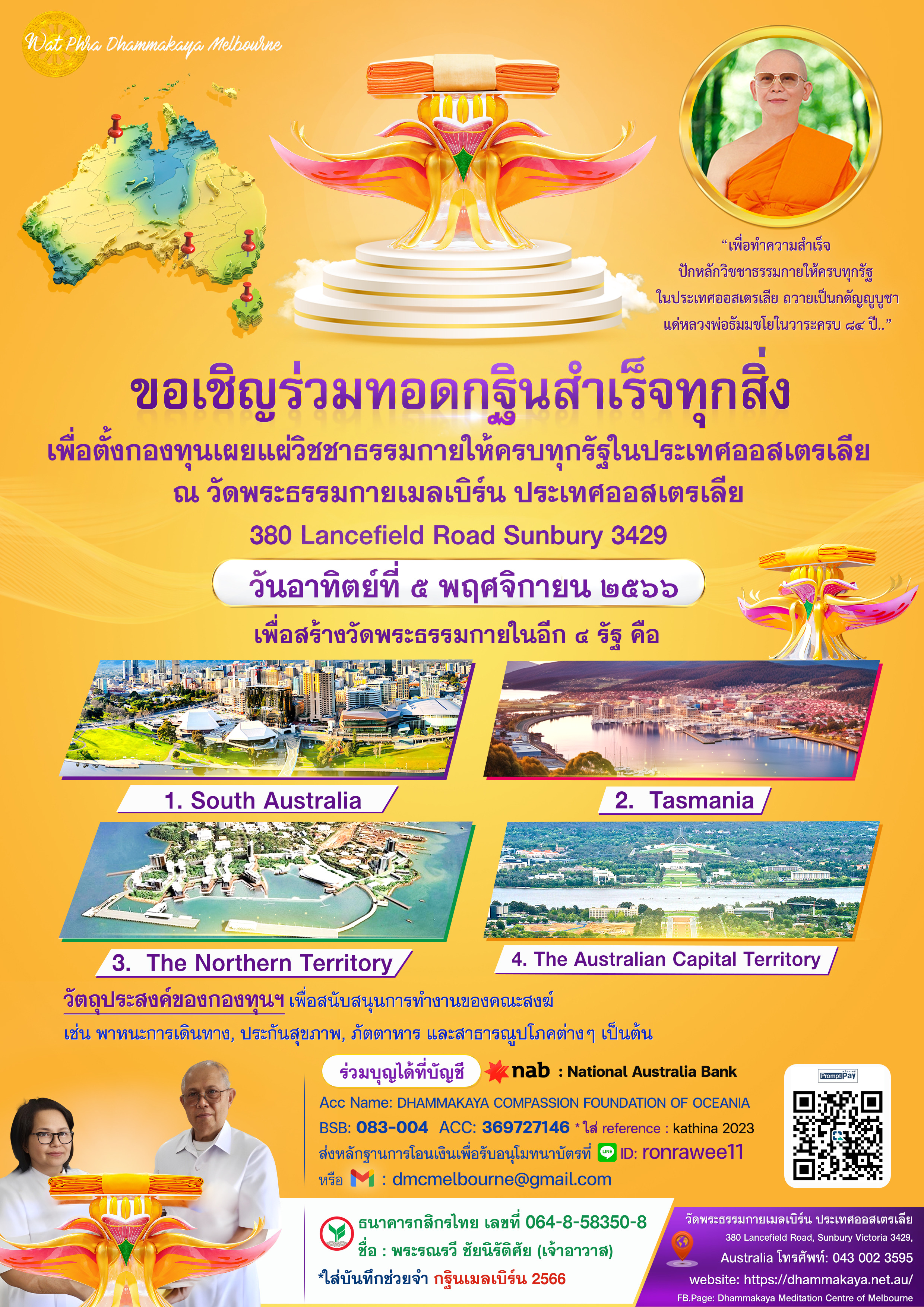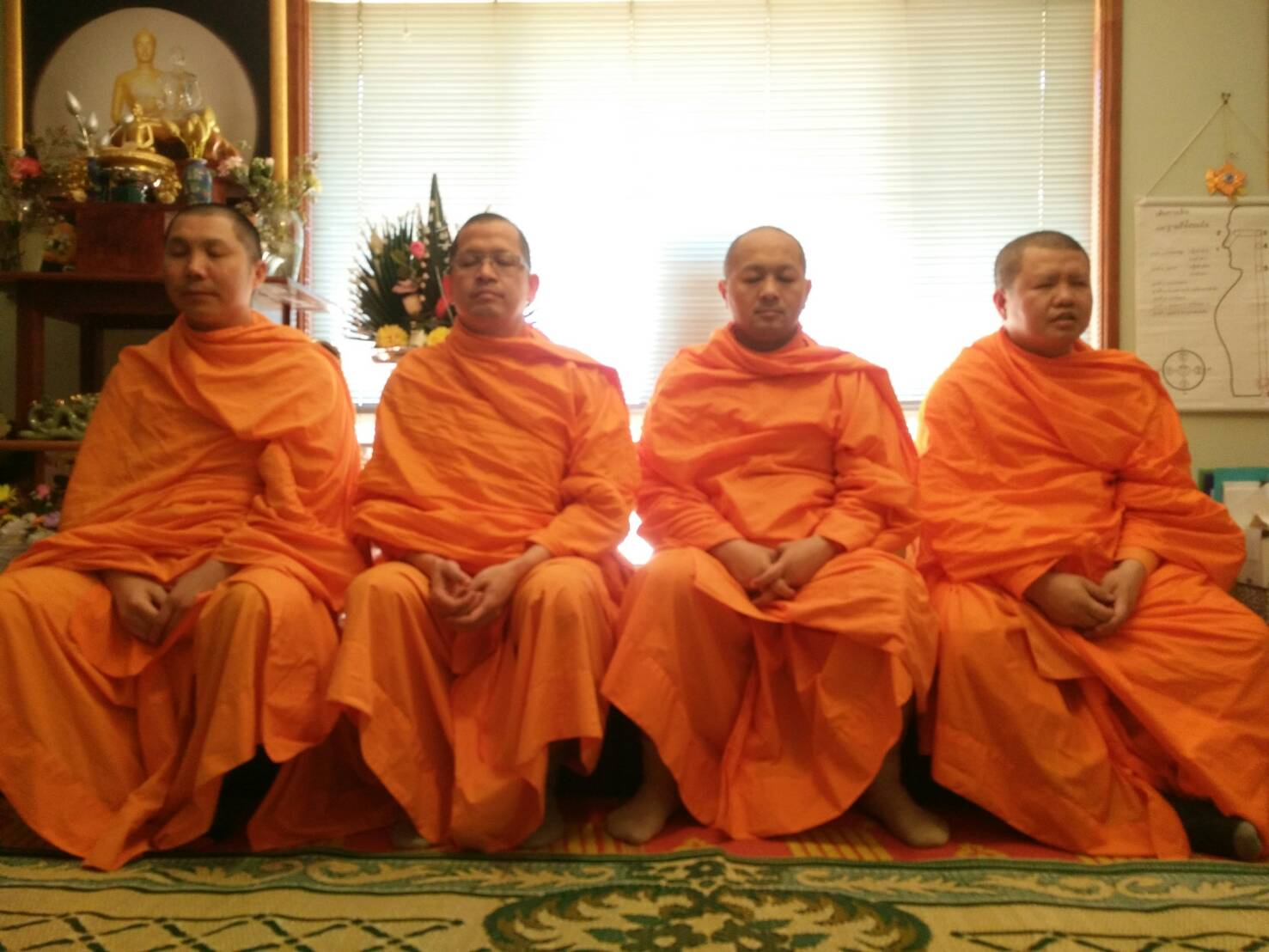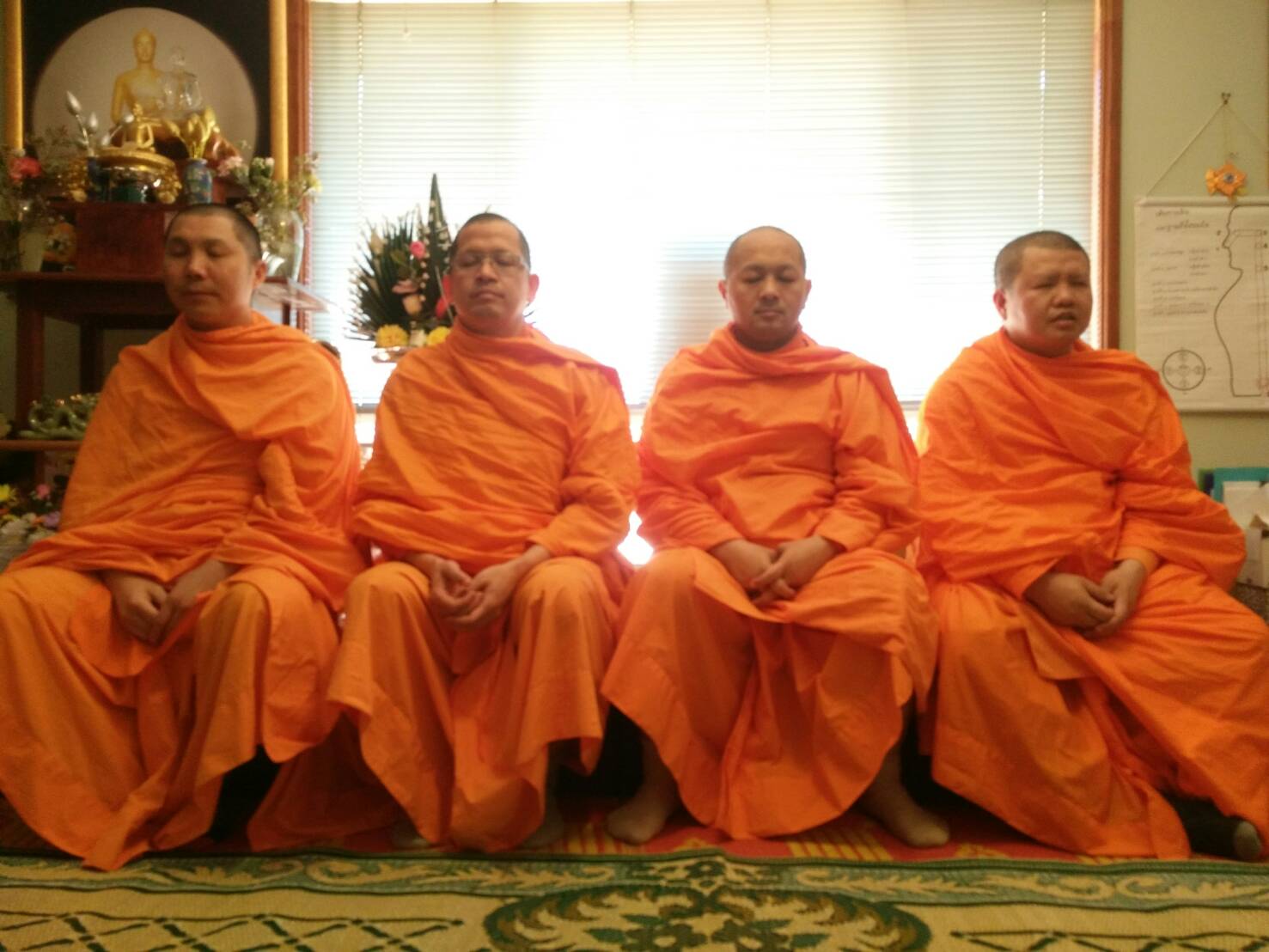THE FIVE PRECEPTS
by Ron
Posted on 2013-06-19

The five precepts or five rules of training is the most important system of morality for Buddhist lay people. They constitute the basic code of ethics to be undertaken by lay followers of Buddhism. The precepts are commitments to abstain from killing living beings, stealing, sexual misconduct, lying and intoxication. Within the Buddhist doctrine, they are meant to develop mind and character to make progress on the path to enlightenment. The precepts have been compared with human rights because of their universal nature, and some scholars argue they can complement the concept of human rights.
The five precepts were common to the religious milieu of 6th-century BCE India, but the Buddha's focus on awareness through the fifth precept was unique. As shown in Early Buddhist Texts, the precepts grew to be more important, and finally became a condition for membership of the Buddhist religion.
Undertaking and upholding the five precepts is based on the principle of non-harming. The Pali Canon recommends one to compare oneself with others, and on the basis of that, not to hurt others. Compassion and a belief in karmic retribution form the foundation of the precepts. Undertaking the five precepts is part of regular lay devotional practice, both at home and at the local temple. However, the extent to which people keep them differs per region and time. People keep them with an intention to develop themselves, but also out of fear of a bad rebirth.
The first precept consists of a prohibition of killing, both humans and all animals. Scholars have interpreted Buddhist texts about the precepts as an opposition to and prohibition of capital punishment, suicide, abortion and euthanasia. In practice, however, many Buddhist countries still use the death penalty. With regard to abortion, Buddhist countries take the middle ground, by condemning though not prohibiting it. The Buddhist attitude to violence is generally interpreted as opposing all warfare, but some scholars have raised exceptions. The second precept prohibits theft. The third precept refers to adultery in all its forms, and has been defined by modern teachers with terms such as sexual responsibility and long-term commitment. The fourth precept involves falsehood spoken or committed to by action, as well as malicious speech, harsh speech and gossip. The fifth precept prohibits intoxication through alcohol, drugs or other means. Early Buddhist Texts nearly always condemn alcohol, and so do Chinese Buddhist post-canonical texts. Buddhist attitudes toward smoking differ per time and region, but are generally permissive. In modern times, traditional Buddhist countries have seen revival movements to promote the five precepts. As for the West, the precepts play a major role in Buddhist organizations. They have also been integrated in mindfulness training programs.
Plaque with the five precepts engraved, Lumbini, Nepal Farang Rak Tham [CC BY-SA 4.0 (https://creativecommons.org/licenses/by-sa/4.0)]
Leave a Comment:
Blog Search
Log In
Blog Categories
Boons
สถาปนาวัดพระธรรมกายนานาชาติ เมลเบิร์น น้อมบูชาธรรม 80 ปี หลวงพ่อธัมมชโย
Posted on 2013-02-24

กฐินสำเร็จทุกสิ่ง
Posted on 2029-10-23

กองบุญธรรมทาน
Posted on 2024-04-20

กองบุญถวายภัตตาหาร และปานะ - offering meals
Posted on 2019-03-20
ผ้าป่าสนับสนุนการเผยแผ่วิชชาธรรมกาย - Dhammakaya disseminating Fund
Posted on 2019-03-20
กองทุนบำรุงวัด - General Expenses
Posted on 2019-03-20
Fundraising for supporting the establishment of the Dhammakaya centre Adelaide, South Australia
Posted on 2027-12-19

ขอเชิญร่วมทอดผ้าป่าสามัคคี กองทุนสนับสนุนการเผยแผ่วิชชาธรรมกาย
Posted on 2018-12-19

บูชาข้าวพระ - buddha worshipping
Posted on 2019-03-20

Go Back